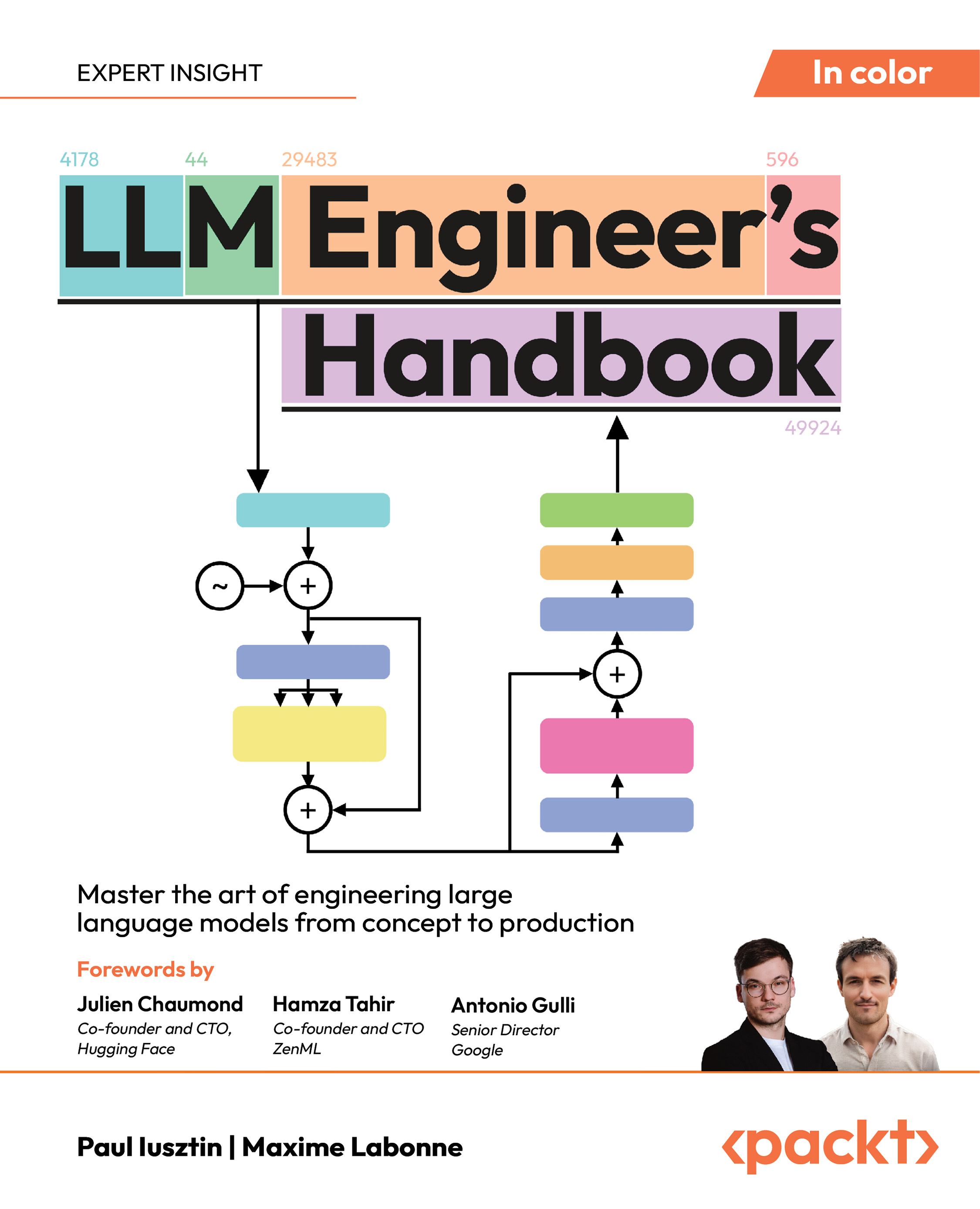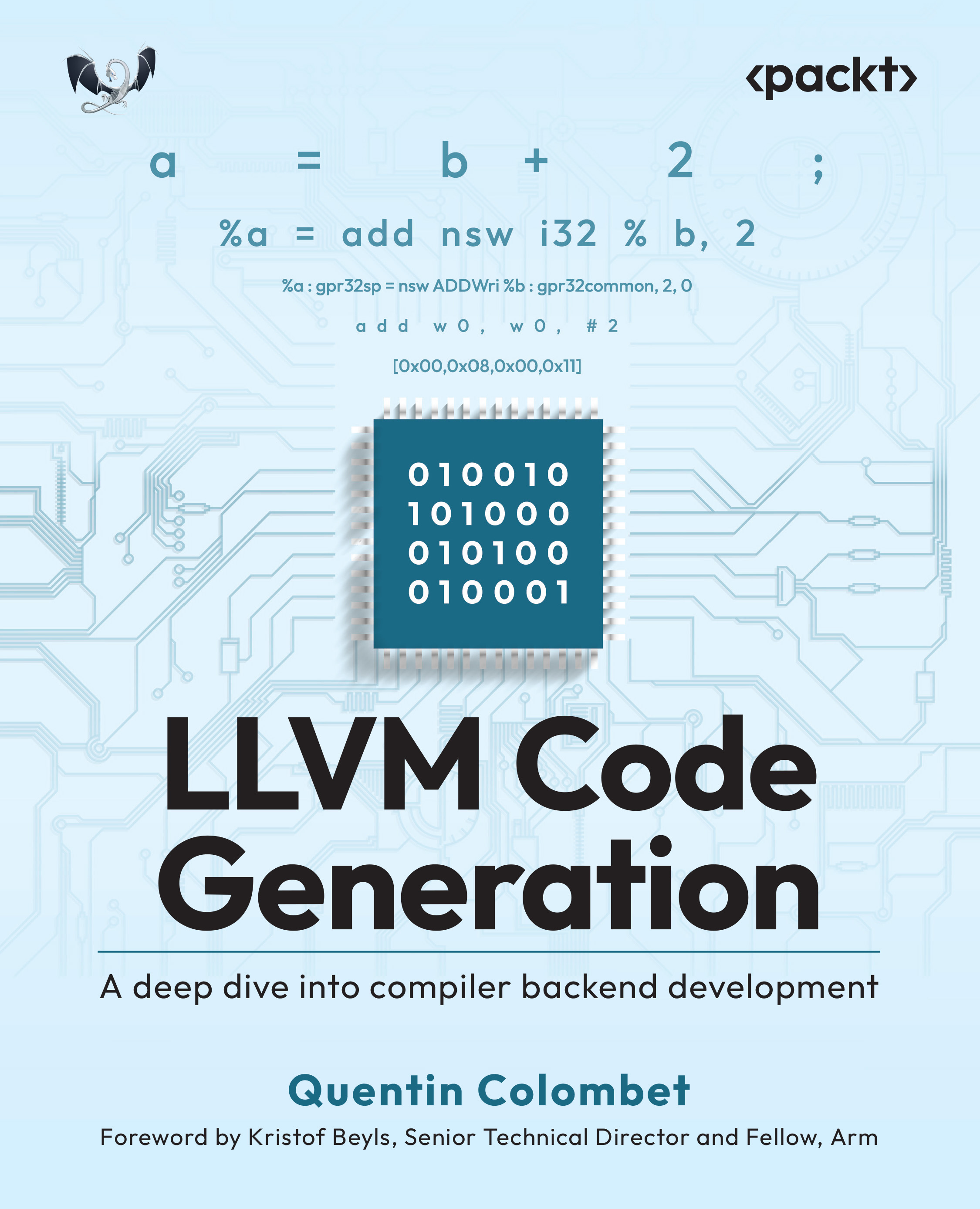Yesterday, the Scikit Learn community released the version 0.20.0 of Scikit-learn, a popular machine learning library for Python. Scikit learn 0.20.0 explores new features and enhancements for the Scikit-learn library.
Scikit-learn is one of the most popular open source machine learning libraries for Python. It provides algorithms for machine learning tasks such as classification, regression, dimensionality reduction, and clustering. It also offers modules for extracting features, processing data, and evaluating models.
Major features in Scikit Learn 0.20.0.
New Features
- There’s a new impute module in Scikit Learn 0.20.0 that offers estimators for learning despite missing data.
- String or pandas Categorical Columns in Scikit Learn 0.20.0 can now be encoded with OneHotEncoder or OrdinalEncoder.
- PowerTransformer and KBinsDiscretizer join QuantileTransformer now as non-linear transformations.
- A sample_weight support has been added to several estimators (which includes KMeans, BayesianRidge and KernelDensity).
- This is the first release that comprises Glossary of Common Terms and API Elements developed by Joel Nothman.
Other changes
There are a lot of changes made in sklearn.cluster, sklearn.compose, sklearn.covariance, sklearn.datasets, sklearn.decomposition, etc., in Scikit Learn 0.20.0. Let’s have a look at them in detail.
sklearn.cluster
- The cluster.AgglomerativeClustering feature now supports Single Linkage clustering via linkage='single'.
- The cluster.KMeans and cluster.MiniBatchKMeans features support sample weights through new parameter sample_weight in fit function.
- The cluster.KMeans, cluster.MiniBatchKMeans and cluster.k_means passed with algorithm='full' will now be enforcing row-major ordering, and improve runtime.
sklearn.compose
- A compose.ColumnTransformer is a new feature that applies different transformers to different columns of arrays or pandas DataFrames.
Unlock access to the largest independent learning library in Tech for FREE!
Get unlimited access to 7500+ expert-authored eBooks and video courses covering every tech area you can think of.
Renews at AU $19.99/month. Cancel anytime
- The compose.TransformedTargetRegressor has been added in this Scikit Learn version, which transforms the target y before fitting a regression model.
sklearn.covariance
- The covariance.graph_lasso, covariance.GraphLasso and covariance.GraphLassoCV have now been renamed to covariance.graphical_lasso, covariance.GraphicalLasso and covariance.GraphicalLassoCV. It will be finally be removed in version 0.22.
sklearn.datasets
- The datasets.fetch_openml has been added to fetch datasets from OpenML,a free, open data sharing platform.
- In datasets.make_blobs, you can now pass a list to the n_samples parameter. This helps indicate the number of samples to generate per cluster.
- The filename attribute has been added to datasets that have a CSV file.
- Another new feature return_X_y parameter has also been added to several dataset loaders.
sklearn.decomposition
- The decomposition.dict_learning functions and models now offer support for positivity constraints. This applies to the dictionary and sparse code.
- Another decomposition.SparsePCA feature now exposes normalize_components.
For more information, check out the official release notes.
Machine Learning in IPython with scikit-learn
Why you should learn Scikit-learn?
Implementing 3 Naive Bayes classifiers in scikit-learn
 United States
United States
 Great Britain
Great Britain
 India
India
 Germany
Germany
 France
France
 Canada
Canada
 Russia
Russia
 Spain
Spain
 Brazil
Brazil
 Australia
Australia
 South Africa
South Africa
 Thailand
Thailand
 Ukraine
Ukraine
 Switzerland
Switzerland
 Slovakia
Slovakia
 Luxembourg
Luxembourg
 Hungary
Hungary
 Romania
Romania
 Denmark
Denmark
 Ireland
Ireland
 Estonia
Estonia
 Belgium
Belgium
 Italy
Italy
 Finland
Finland
 Cyprus
Cyprus
 Lithuania
Lithuania
 Latvia
Latvia
 Malta
Malta
 Netherlands
Netherlands
 Portugal
Portugal
 Slovenia
Slovenia
 Sweden
Sweden
 Argentina
Argentina
 Colombia
Colombia
 Ecuador
Ecuador
 Indonesia
Indonesia
 Mexico
Mexico
 New Zealand
New Zealand
 Norway
Norway
 South Korea
South Korea
 Taiwan
Taiwan
 Turkey
Turkey
 Czechia
Czechia
 Austria
Austria
 Greece
Greece
 Isle of Man
Isle of Man
 Bulgaria
Bulgaria
 Japan
Japan
 Philippines
Philippines
 Poland
Poland
 Singapore
Singapore
 Egypt
Egypt
 Chile
Chile
 Malaysia
Malaysia













